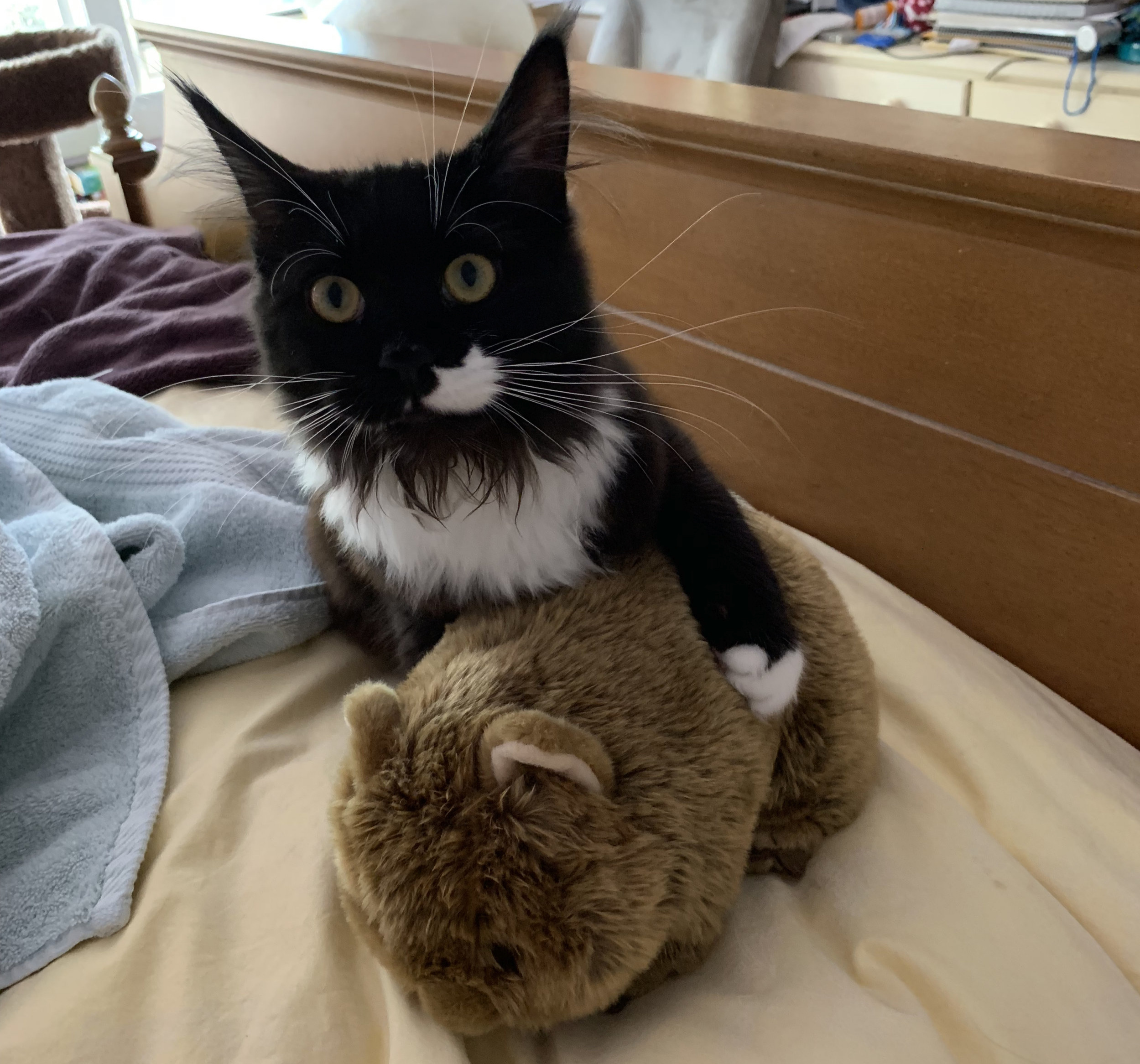How Do You Write About Death?
/I don’t seem to know how to write about death, so I’m going to write about writing about death.
A few days ago, I encountered a problem: I realized everything I’d written before about death — and most things I’ve read about death — might have been wrong.
Here’s how I’ve seen death written about before:
The living character is in denial, frantically trying to reach the dead person. Once they can’t, they feel this need to have proof the person is really dead, as in, dead-dead. Whatever that proof is, they start crying because of it. The crying might be a bit hysterical. They decide they don’t know how they can go on and beg the universe for it to not be real (and hey, in half of the books I read, it’s not totally real, so maybe begging the universe works). There are likely some flashbacks to the person being alive, either italicized or in totally different chapters than the modern day parts. Slowly the person copes and moves on.
On Saturday, I found out one of my favorite professors — someone who helped pay for my post-assault medical care out of the pure desire to help support her students, someone who took the time to tell me my assault wasn’t my fault, someone who encouraged my writing — had died.
Here’s what actually happened:
I saw the announcement as an article in my Facebook News Feed, right at the top like Facebook knew I knew her in real life. (Given how much of my data Facebook likely has, they probably did know.) I stared at it for a few seconds. It wasn’t that I didn’t believe it — I was more waiting to cry. I was conscious of the fact that I wasn’t crying, and trying to get myself to cry because that’s what everyone is supposed to do. I cared about her, dammit. Why wasn’t I showing it? Was I a psychopath? (Or was I a sociopath? I actually took a moment to Google the difference.)
Then I clicked on the article. I took the words in on the first read, actually. I mean it was hard not to take it in when it was so blunt: Celebrated writer Ellis Avery, 46, has died. There’s really no way to misinterpret that. The post went on to chronicle the health issues I knew she’d had, the awards I knew her novels had won, etc. It quoted a passage from one of her books. Then it just kind of stopped, leaving me there wondering how it could feel so incomplete yet complete at the same time.
I didn’t know what to do other than follow the script of being in a novel as much as possible, so I did that reaching-out-to-the-dead-person thing. I got one sentence into that email before the tears came. (It turns out I do have feelings!) I sent the email anyway, then had this irrational fear that Professor Avery was actually still alive and would wonder what the hell I was talking about in such cryptic language. Or that her partner would for some reason be checking her email and wonder who the hell this person was sending this strange two-sentence email to someone who clearly wasn’t alive anymore. There was a really bizarre moment where I almost didn’t want her to be alive to see my desperate awkward attempted contact. Still, I tried nicely asking the universe for it not to be real, but sadly I have yet to encounter a time-traveling machine or alternate universe.
Next up in the novel way with dealing about death was doing flashbacks. Naturally, I wrote a long Facebook post going over old memories of my classes with her and all the ways in which she’d helped me. I watched many of my classmates do the same. I felt like I was coping okay eventually.
That’s where I lost the narrative arc. I found myself writing a second email to the email address I really have no business emailing. I got sad again. I cried. Where did all the coping go?
I wanted to write about how I was feeling. I tried. I failed. Then I got angry. Here I’d been taught all these important things about building emotions in writing and having some sort of evolution of a character, and I was going forwards then backwards then sideways. There was no evolution, no clear change. Everything sounded numb and detached. I couldn’t write about this. Even though she was a huge supporter of different ways of going about telling stories, Professor Avery would be mortified; I had to be doing it wrong.
Death is, in many ways, incompatible with writing — which is shocking considering how many literary works revolve around death. There are no greater stakes, right? Who doesn’t write about death? But it just doesn’t fit in an aesthetically pleasing way, at least, not for me. Maybe I’m strange in having some kind of dysfunctional numb grieving process that really isn’t a process but actually just a series of strange emotional moments with little progression or cohesion. I don’t have pretty metaphors to add or new words to describe pain. I don’t know how to wrap things up.
Actually, that might be part of the problem. Death doesn’t have an ending — pieces of writing have to.
In that vein, I don’t have a great takeaway for this blog post. I guess I more want to acknowledge that maybe sometimes the art of writing isn’t channeling our emotions and life experiences perfectly into our works. I always thought being able to master that art was the trick, and was also confused at how everyone else seemed to have emotional arcs more linear than mine. But maybe it turns out the trick to writing is actually being able to contort our emotions and life experiences to fit our characters and plots. Maybe being a sideways mess is normal, and being able to redirect that forward is the art.
Even in death, Ellis Avery taught me something about writing.




